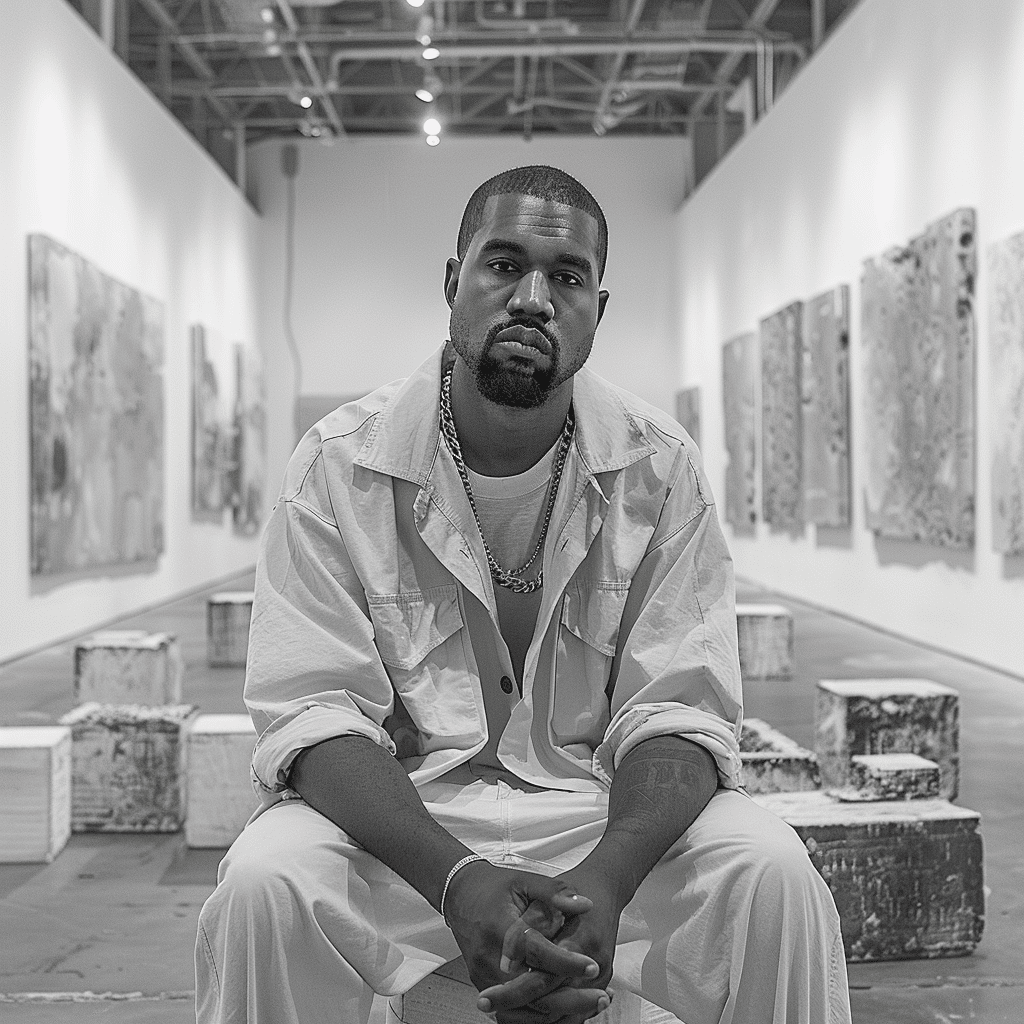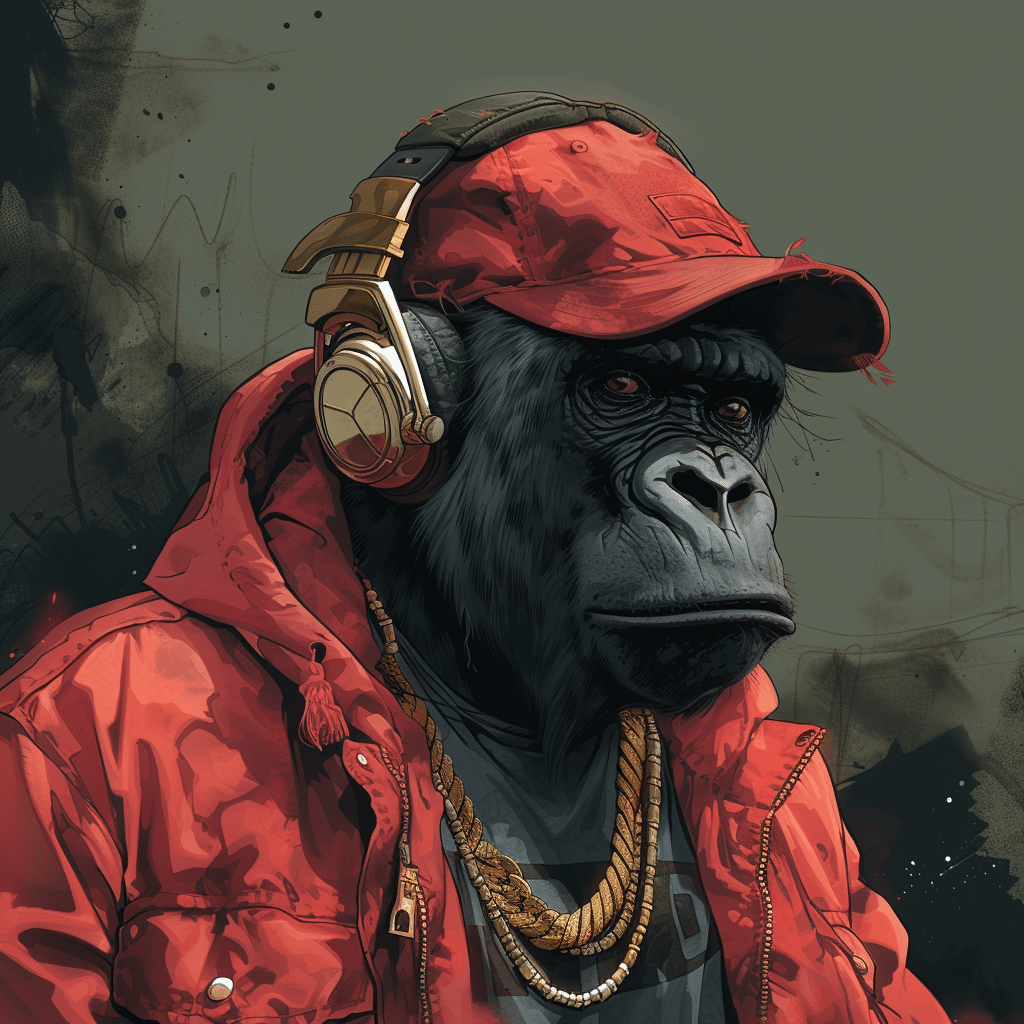Kurt Cobain Suicide Note: Unveiling Heartbreaking Secrets
Kurt Cobain’s suicide note, left behind on April 5, 1994, is a powerful testament that reaches far beyond its tragic conclusion. It serves as a poignant glimpse into the psyche of one of rock’s greatest artists, grappling with the weight of fame, personal demons, and a desire for authenticity. As we pull back the curtain on this deeply emotional letter, let’s dig into seven emotive insights from Kurt Cobain’s suicide note, illuminating the conflicted journey that resonates with many—even those who might not be fans of grunge.

7 Emotive Insights from Kurt Cobain’s Suicide Note
Cobain regularly wrestled with fame, grappling with its impact on his identity. He expressed disdain for how Nirvana’s meteoric rise in the ‘90s made him feel detached from his true self. This struggle isn’t only unique to Cobain; bands like Blink-182 have also navigated the difficult line between commercial success and artistic purity, pointing to the broader artist experience.
The overwhelming loneliness that Cobain conveyed in his note is almost palpable. Amidst concerts filled with roaring crowds, he felt alone—a sensation familiar to many artists today. This theme of isolation is echoed in the emotive lyrics of bands such as Breaking Benjamin, demonstrating how artists can articulate these raw emotions while creating meaningful connections with listeners.
Cobain’s note highlights his relationships, especially his love for his daughter, Frances Bean. This tender mention against the backdrop of despair underscores his constant inner battle—the love he had juxtaposed with the immense pain he felt. This duality often surfaces in live performances of contemporary musicians, melding familial themes with personal struggles.
Delving into addiction, Cobain’s note reflects the harsh reality many artists face. Substance abuse can cloud judgment and distort reality, leaving artists trapped in their designs. Many musicians, including those involved in the conversations surrounding Deep Purple’s fake farewell tour, have openly spoken about their struggles with addiction, illustrating the broader narrative within the music scene.
Cobain candidly articulated his fatigue—not just from endless touring but from the relentless demands of his craft. The pressure to continually create and perform reminds us of the rigors that bands like Breaking Benjamin endure on their tours. It turns their artistic outlets into burdens, showcasing the darker side of fame.
Acknowledging his artistic contributions, Cobain’s letter also hints at feelings of incompleteness. Much like the evolving blink-182 setlist, which shifts with the band’s development, Cobain seemed troubled by what more he could’ve achieved. That pressure for artistic legacy can weigh heavily on any artist.
Cobain’s willingness to lay bare his vulnerabilities is a significant part of his legacy. This raw honesty he embraced echoes in the music of today, where artists prioritize emotional expression. Through their narratives, musicians encourage fans to share their own stories, creating a community for healing and understanding.

The Impact of Kurt Cobain’s Legacy on Contemporary Music
Kurt Cobain’s influence transcends his tragic end, echoing through the music landscape today. His candid confrontation with emotional turmoil laid the groundwork for a generation of musicians willing to face their struggles. This change is evident in how contemporary lyrics often delve into mental health themes, reflecting a cultural shift that resonates profoundly with modern listeners.
Bridging the Generations
Today’s artists, many inspired by Cobain, use their platforms to advocate for mental health awareness. Bands like Blink-182 and Breaking Benjamin harness their experiences to engage directly with fans, weaving personal narratives into their music. This outreach creates a supportive community centered on authenticity, breaking down barriers around mental illness.
Ongoing Conversations
Discussions surrounding Kurt Cobain’s suicide note have ignited waves of conversation about mental health, especially within the music community. Benefit concerts, tribute tours, and fan-led initiatives are steadily raising awareness and diminishing stigma. This communal engagement mirrors the environments created by artists addressing similar themes.
Reflecting on Heartbreak and Healing through Music
Kurt Cobain’s suicide note is a haunting reminder that fame carries both blessings and burdens. The letter sparks essential discussions about how art uplifts while also acknowledging the struggle behind it. As the music industry continues to evolve, embracing these poignant narratives ensures Cobain’s legacy remains alive, fostering comfort and understanding.
By shedding light on the shared experiences of artists across generations, we find connection amid heartbreak. As we navigate our lives, it’s a reminder that through sorrow, we can forge community, understanding, and the hope for better days—something we all crave in a world that can often feel isolating.
In reflection, Cobain’s story resonates with many ambitious men today. Whether you rock a black coat while listening to Nirvana or savor a morning smoothie made in a Kuvings juicer, it’s crucial to remember: vulnerabilities bring us closer together. So, let’s honor the legacy of Kurt Cobain and stay open to our journeys and the ties that bind us.
Exploring the Kurt Cobain Suicide Note: Heartbreaking Insights
Behind the Words
Kurt Cobain’s suicide note isn’t just a tragic farewell; it’s layered with emotion and raw honesty. Written shortly before his death in 1994, this chilling glimpse into his mind has captured the attention of fans and psychologists alike. The note reflects his tumultuous journey through fame, mental health struggles, and love for his daughter, Frances Bean. Interestingly, Cobain even referenced the joys of playing music, leaving a poignant reminder of what truly mattered to him. Speaking of unique stories, if you’re intrigued by surprising tales from the entertainment world, don’t miss out on this captivating tale involving Lelu Love and the wild adventures her characters inspire.
Echoes of Fame
What many fans don’t realize is that the note also offers insights into Cobain’s feelings surrounding fame. It captures the paradox of a rock star: adored by millions, yet feeling profoundly isolated. In one segment, he shares his wish for peace and his struggle with addiction, themes that resonate deeply in today’s society. This complexity can be similar to the narratives explored in Hogville, a fascinating peek into the lives of those often overlooked. With such an impactful note, it’s wild to think about how Cobain’s story intertwines with so many different aspects of culture, including the influence of sports figures like Mike Shanahan, who also faced struggles in their respective fields.
Reflections and Reactions
In light of this heartbreaking note, the reaction from fans was overwhelming. Many turned to music as a coping mechanism, showcasing how art can help heal. This brings to mind the diverse influences in the music industry, like Bo Ne, who has made waves with poignant lyrics. The lasting impact of Cobain’s words sends a message that resonates even today. It’s incredible how a few handwritten lines can usher in dialogue about mental health and the pressures of fame, reflecting a wider, bustling conversation. And speaking of conversations, let’s not forget the quirky benefits of enjoying some Txt cereal while diving deep into these topics. Engaging in pop culture can reveal insightful connections, much like the ones Cobain’s note has brought to light.























